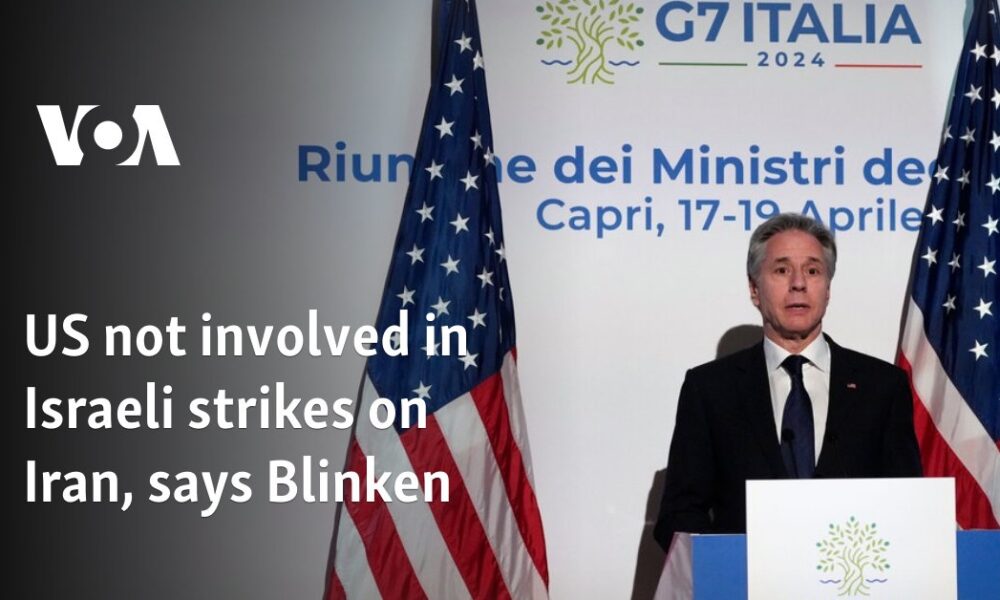
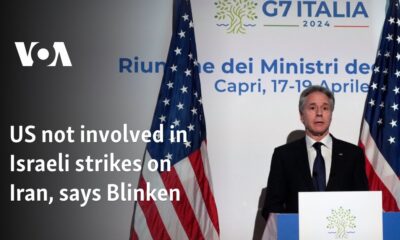

white house – U.S. Secretary of State Antony Blinken said on Friday that the United States was not involved in Israel’s pre-dawn airstrikes inside Iran and...
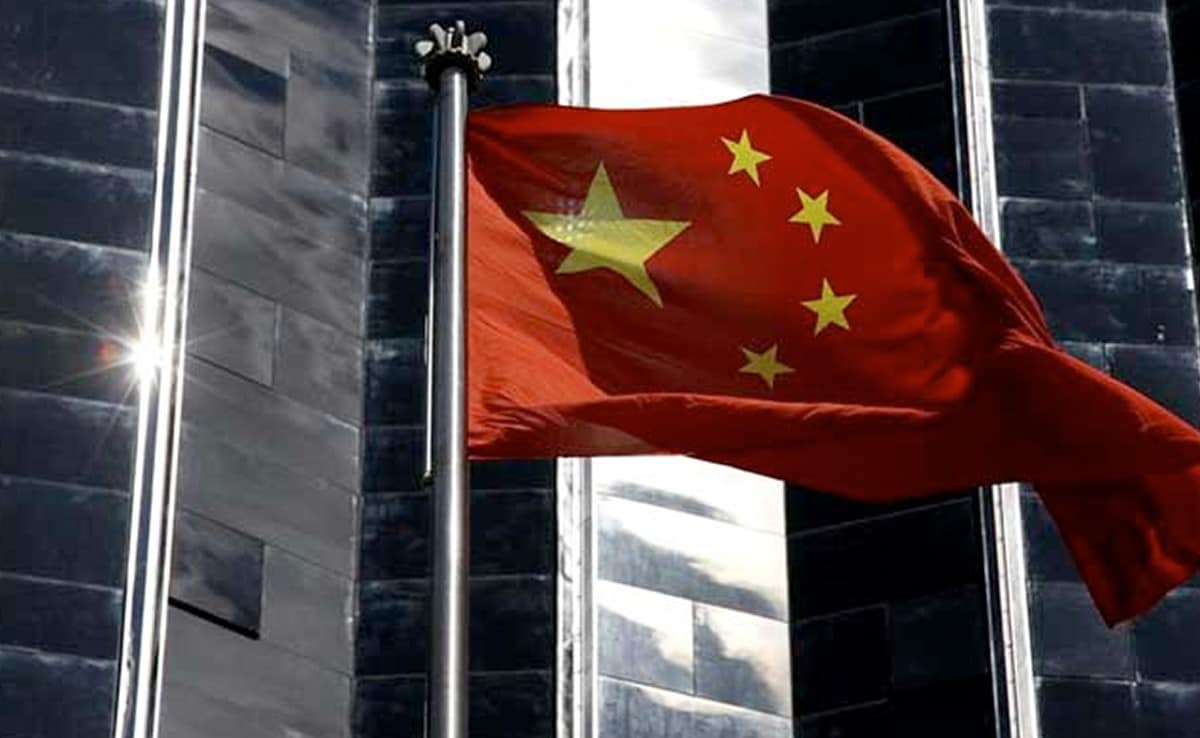

China’s territorial disputes include its claim to the self-ruled island of Taiwan (representative) China announced a new military cyber force on Friday, saying it would enhance...
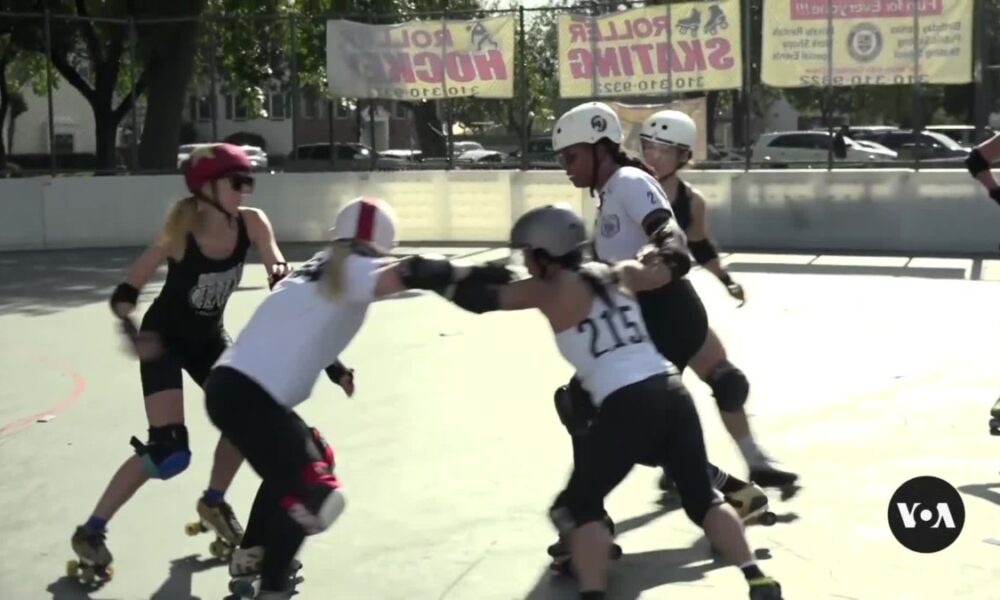


Roller derby is a fast-paced, intense sport played on roller skates and predominantly played by women. VOA’s Genia Dulott takes us to the rinks of rivals...
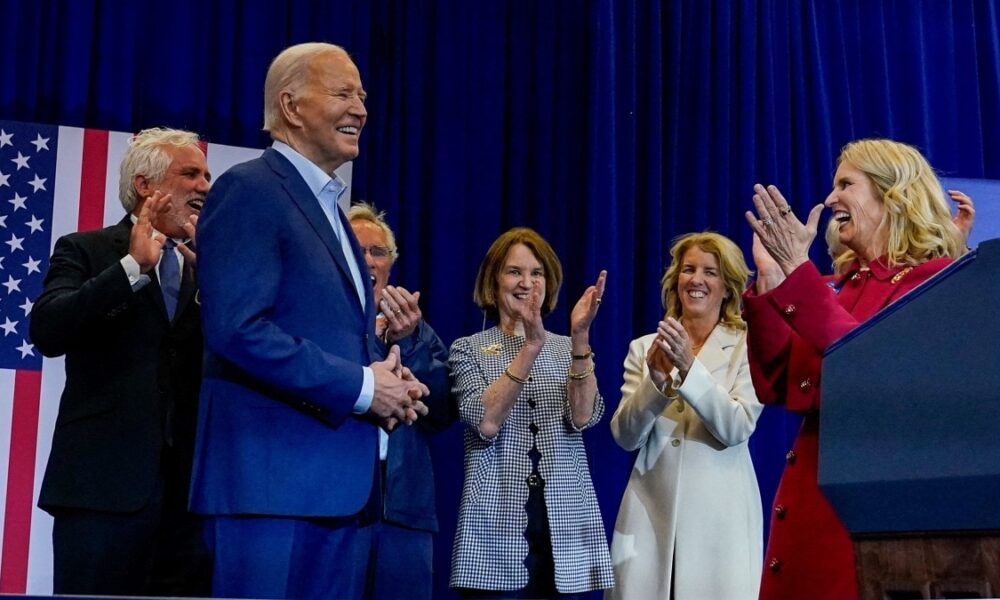
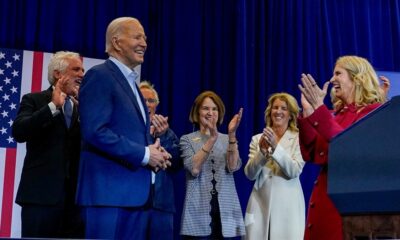

U.S. President Joe Biden on Thursday received the formal endorsement of several members of Robert F. Kennedy Jr.’s family, tapping into the legacy of the influential...
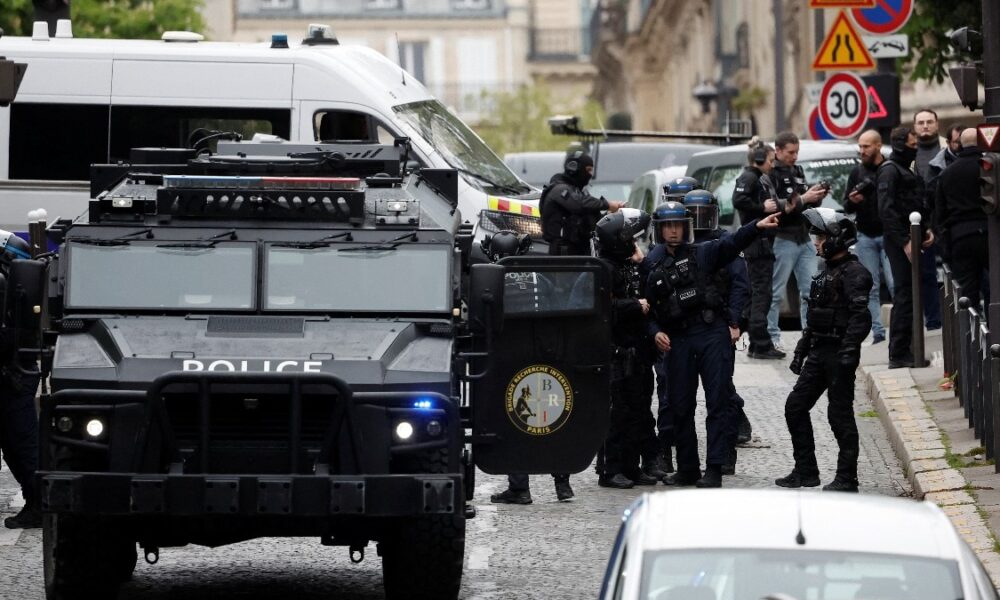


French police have arrested a man who threatened to blow himself up at the Iranian consulate in Paris, police said on Friday. A police source told...



A Dutch man was infected with COVID-19 for the longest time, 613 days, until his death in the fall of 2023, according to a study by...
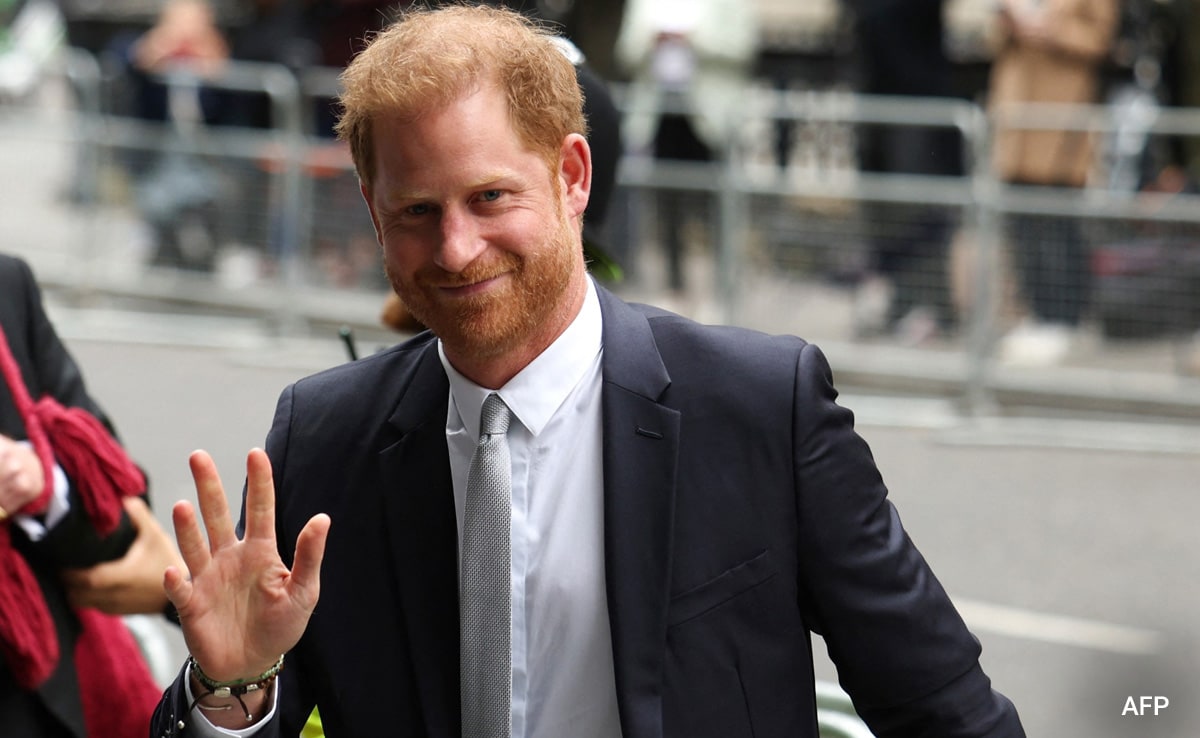

Prince Harry also launches legal action against Associated Newspapers (Documents) London, UK: Prince Harry’s lawsuit against Rupert Murdoch’s British tabloid publisher over alleged illegal gathering of...
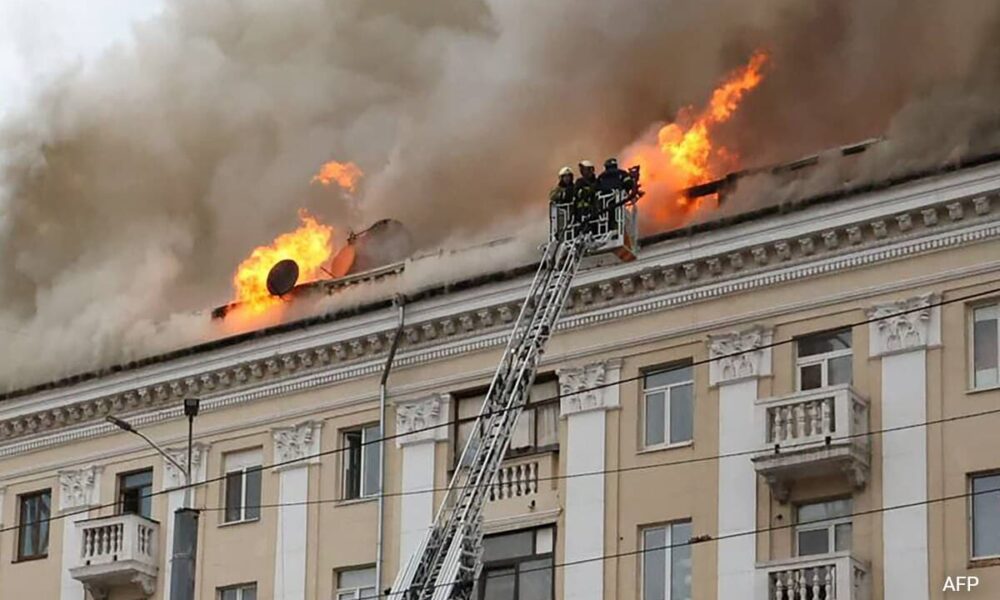
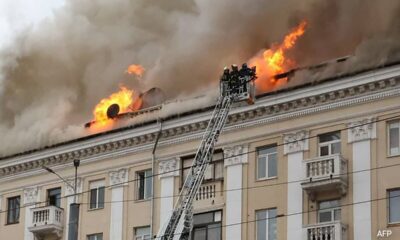

The attack sparked fresh anger in Kiev. Russia launched air strikes in Ukraine on Friday that killed at least eight people, including two children, and Kiev...
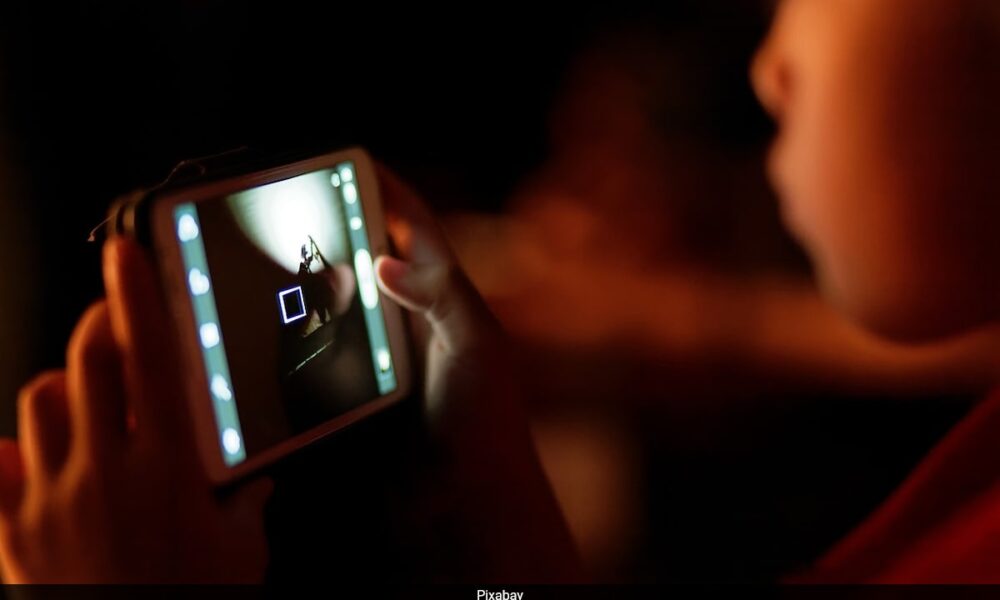


Science Minister Michelle Donelan called the findings “quite obvious”. (representative) About a quarter of British children aged five to seven now own a smartphone, a study...



Air India today said flights to and from Tel Aviv will continue to be suspended till April 30. New Delhi: Air India today said its flights...